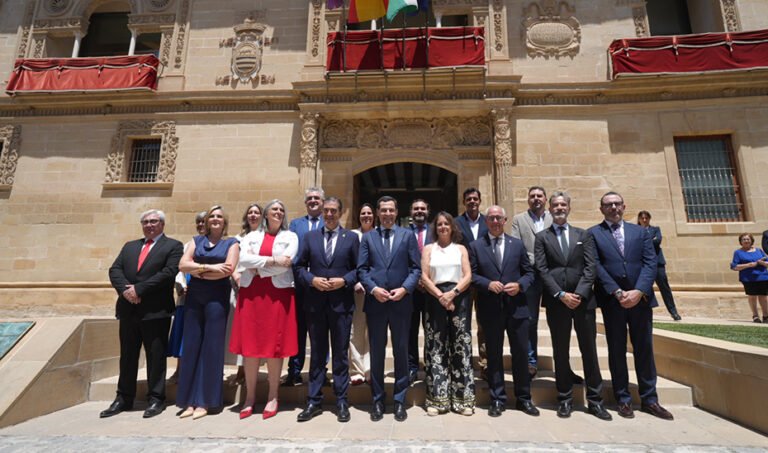
Andalusians saved 64.4 million euros last year in the Personal Income Tax (IRPF 2023) thanks to the deductions approved by the Government of the Junta de Andalucía. This amount represents an increase of 277.1% compared to 2018, translating to 47.3 million euros more saved by Andalusians only in deductions.
According to the provisional data from the State Tax Administration Agency on the results of the last income tax campaign, the impact of deductions in the IRPF of 2024 in Andalusia (2023 campaign) resulted in an increase of 11.3% compared to the previous campaign. Furthermore, the number of people who benefited from these Andalusian deductions in the IRPF in the last campaign increased significantly, reaching 393,117 beneficiaries, 189.5% more than in 2018 (257,321 more contributors).
Among the deductions with the greatest impact were those related to educational expenses (151,783), for disability of the contributor themselves (98,843) or another person (42,761), for large families (38,496), or for rental of main residence (31,989).
Regarding the savings for Andalusian taxpayers, the most impactful deductions were those that are part of the housing tax package, whether for rent or purchase of the main residence (18.8 million). In addition, deductions for disability (18.5 million) and educational expenses (13.9 million) also contributed significantly.
From 2018 to 2023, four new deductions were implemented or improved (and one temporary only valid in 2020, for donations in favor of the fight against Covid-19) that Andalusian taxpayers can still apply today: for the birth or adoption of children, for large families, for educational expenses, and for donations with an ecological purpose. 214,927 IRPF declarants benefited from these new deductions in 2023.
Social nature of deductions
The increase in benefits from deductions did not lead to a decrease in revenue, according to AEAT data, as the Autonomous Liquid Tax (CLA), which is the part of revenue received by the Junta de Andalucía, amounted to 7,543.7 million in 2023, representing 657.1 million more than in 2022 (a 9.5% increase) and 2,515.3 million euros more than in 2018 (a 50% increase).
The key to the revenue increase lies in the increase in the number of tax returns filed, as well as in the taxable base of Andalusian declarants. However, the impact of deductions, most of which are limited to liquidable bases of up to 25,000 euros (or 30,000 in joint taxation), is mainly focused on the declarations of taxpayers with medium and low incomes, and especially vulnerable groups.
Right to deductions
The Minister of Economy, Finance, and European Funds, Carolina España, has emphasized the «social nature» of the tax policy of the Andalusian Government, highlighting that «higher incomes pay more and lower incomes benefit more.»
She pointed out that the tax cuts approved in recent years are not an end in themselves but are part of the «fiscal revolution» implemented by the Government of Juanma Moreno, through which taxes have been reduced six times for Andalusians, aiming to stimulate the economy, attract new taxpayers, increase economic activity and consumption, and thereby generate wealth and create jobs, the minister concluded.
The minister noted that within the six tax cuts made by the Andalusian Government since 2019, in terms of the IRPF, the rates of all income brackets have been reduced in the regional scale, the first brackets have been deflated by 4.3% in taxation, and personal and family exemptions have been created, new deductions have been added, and most existing deductions have been modified to expand their scope and increase tax benefits, especially for taxpayers with reduced taxable bases and vulnerable groups.
Carolina España also emphasized the need for citizens to state their personal circumstances when filing their tax returns in order to benefit from the deductions, which range from renting or buying a home, hiring domestic help, teaching languages and new technologies, or contributing to environmental protection and the fight against climate change. There are also deductions for cohabitants with disabilities, childbirth, or being a large family.
«Fiscal measures only have an effect if applied correctly,» the minister explained. «That’s why it’s important to remind citizens that they can take advantage of the tax benefits they are entitled to and not miss out on them due to oversight when filing their tax returns.»
Most deductions depend on personal circumstances. Therefore, it is the taxpayer who must state the circumstances that make them eligible for these deductions when submitting their IRPF declaration.
The complete list of regional deductions can be found at the following link:





